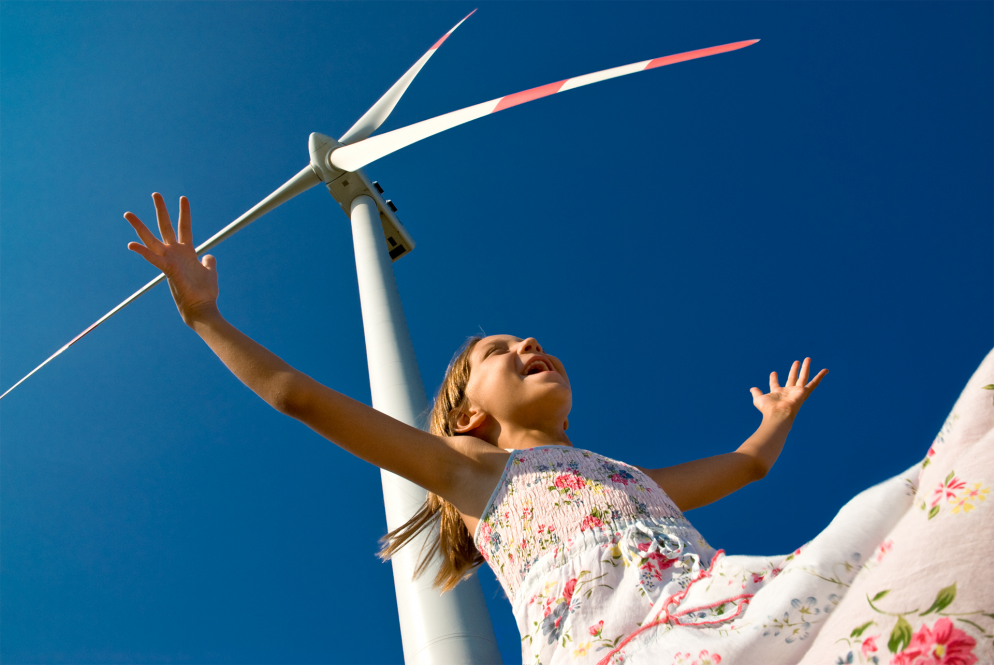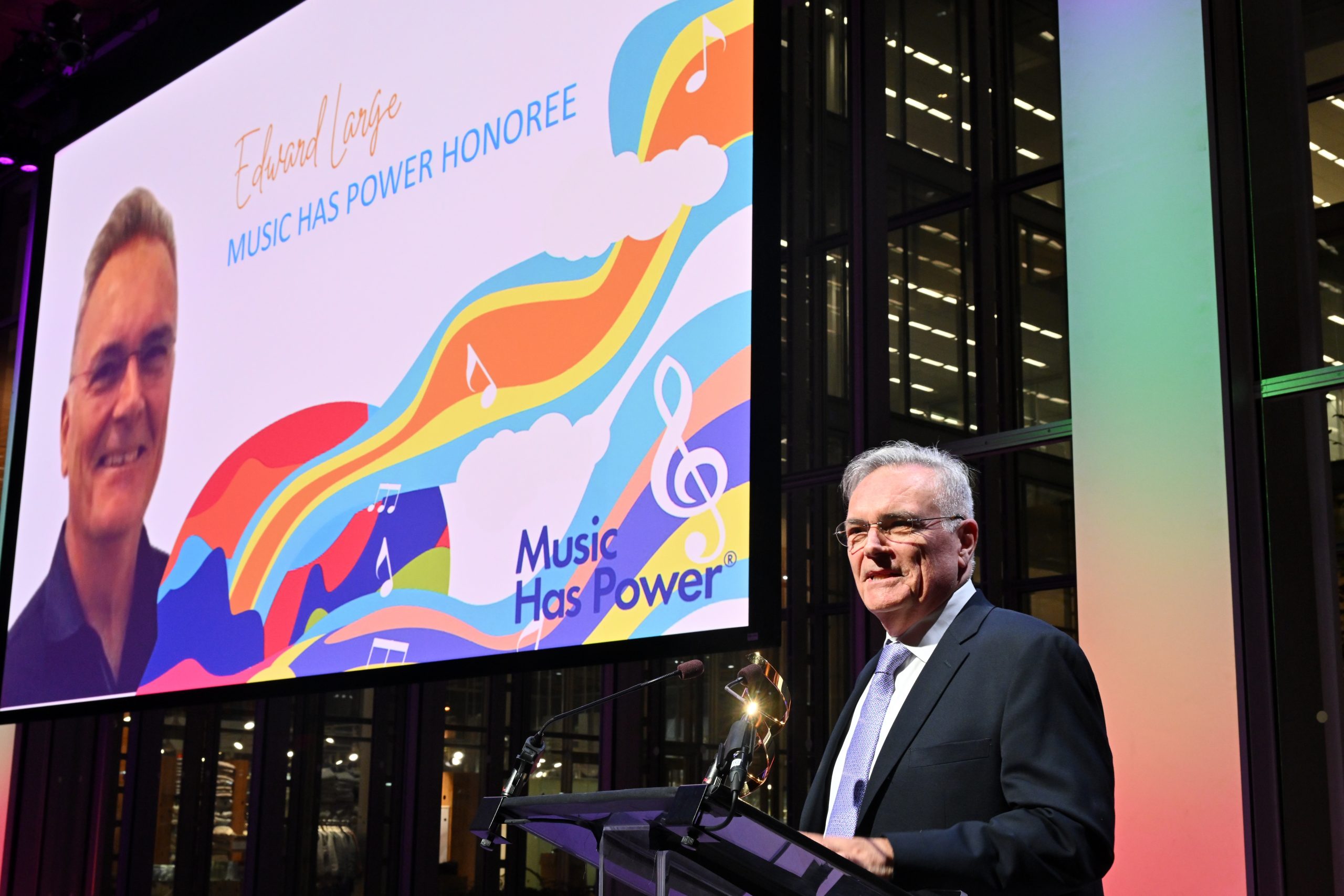For more than a century, leaders, innovators, and scholars in our state have worked tirelessly to drive progress in sustainability, making Connecticut a global leader in this arena.
Here are some of the ways Connecticut and UConn have innovated to advance clean energy:

“As a scientist who for three decades has dedicated my research efforts to advancing technologies in clean energy and sustainability, I couldn’t be prouder to lead the flagship University in a state where, for more than a century, innovators and scholars have made great strides toward a greener future — many of them here at the University of Connecticut.
I came to UConn in 2010 to lead scientific breakthroughs to develop, demonstrate, and deploy new green technologies as part of a push to propel Connecticut onto the international stage in sustainable energy. Since then, I’ve been proud to witness and be part of major breakthroughs in these efforts, from the opening of the Innovation Partnership Building and establishment of the Eversource Energy Center to the recent selection of UConn as the home of the U.S. Department of Energy’s national Onsite Energy Technical Analysis and Support Center."
Radenka Maric, Ph.D.
President, University of Connecticut
Board of Trustees Distinguished Professor
Chair Professor in Sustainable Energy
Here are some of the ways Connecticut and UConn have innovated to advance clean energy:
First Commercial Electric Vehicle
Transportation pioneer Albert Pope got in on the ground floor of the nascent automobile industry when he founded the Columbia Electric Vehicle Company in Hartford in 1896. Pope demonstrated the world’s first public production model electric-powered car a year later. On August 22, 1902, President Theodore Roosevelt became the first president to ride in a car in public, cruising through the streets of Hartford in a Columbia Electric Victoria Phaeton that featured two 20-volt batteries and a top speed of 13 miles per hour.

Prioritizing Clean Energy and Sustainability
In 2010, the University hired 10 world-renowned faculty, including now-President Radenka Maric, to advance its clean energy and sustainability goals. Since then, these professors and others throughout the University have worked diligently to strengthen UConn’s capabilities in clean energy and in sustainability research and education. UConn has also prioritized industry and public engagement to ensure that companies have access to sustainable energy technologies. We collaborate with many companies in Connecticut and around the world to build sustainable energy infrastructure and help them use less energy, operate more efficiently, and incorporate sustainable technologies where possible.
Our faculty embrace our commitment through efforts including the Gladstein Human Rights Institute, dedicated to advancing human rights knowledge and practice through research, teaching, and engagement. Across dozens of academic disciplines, our educators are applying best practices and providing students with advanced knowledge, enabling them to keep human rights concerns at the forefront. A collaboration between the Institute and the School of Engineering, the Engineering for Human Rights Initiative exemplifies our values as the engineers of the future focus on human rights as an integral component of effective practice. Those students are making strides in research areas such as food security, water quality, resilience and justice for a changing environment, and substance and process sustainability.
Carbon Neutrality and Alternative Energy
In December 2022, President Maric pledged that UConn would become carbon neutral by 2030. This commitment follows curriculum initiatives and changes across our campuses. Environmental literacy was added to the University’s general education requirements in 2019. UConn is implementing sustainable energy technologies in its new facilities in Storrs — from extensive solar panels atop our new Science 1 building to fuel cells and geothermal sources to heat and cool a future apartment complex. Beyond facilities, UConn Dining Services diverts most of its food waste for renewable biofuel energy and compost.
UConn is a global leader in the international campaign to address the threats to Earth posed by climate change. We are taking a comprehensive and holistic approach by educating our students, engaging the community, and conducting research with industry, state, and federal partners. UConn leads by example and our partnerships in initiatives like the Northeast Hydrogen Hub demonstrate that our efforts can be transformational on a grand scale.

“With our long history of leadership in this arena and a commitment to reduce UConn’s carbon footprint to carbon neutral by 2030, UConn is fully committed to being a national leader in education, research innovation, and technology deployment to combat the existential threat of climate change.
UConn works closely with the state and industry to participate in new technology development, including making use of hydrogen as a clean energy source. The nation, state, and University are also accelerating progress in zero carbon emissions through unprecedented investments in clean and sustainable energy sources and technologies, which includes planning for the creation of our own microgrid at UConn.”
Radenka Maric, Ph.D.
President, University of Connecticut
Board of Trustees Distinguished Professor
Chair Professor in Sustainable Energy
Education in Action with Microgrid Solutions
This year, UConn announced the Clean Energy & Sustainability Innovation Program in cooperation with Eversource. The summer program challenges students to think critically about steps to reduce carbon footprints, foster environmental justice, and prepare for climate extremes. As a result, students are working to develop smart grid solutions that encompass several types of clean and renewable energy such as solar, wind, and hydroelectricity. The University applies this clean energy to the UConn microgrid to reduce emissions and lessen our carbon footprint.
These are just a few examples of the work being done every day at the University of Connecticut. With the dedication of our brilliant faculty and staff and passionate students, we are committed to combating climate change, one of the most pressing threats of our time. Every step of the way, UConn is embracing the challenges and offering solutions that transform the future of our global society.

Over a century of progress —
and we’re just getting started.



These are just a few examples of the work being done every day at the University of Connecticut. With the dedication of our brilliant faculty and staff and passionate students, we are committed to combating climate change, one of the most pressing threats of our time. Every step of the way, UConn is embracing the challenges and offering solutions that transform the future of our global society.

























